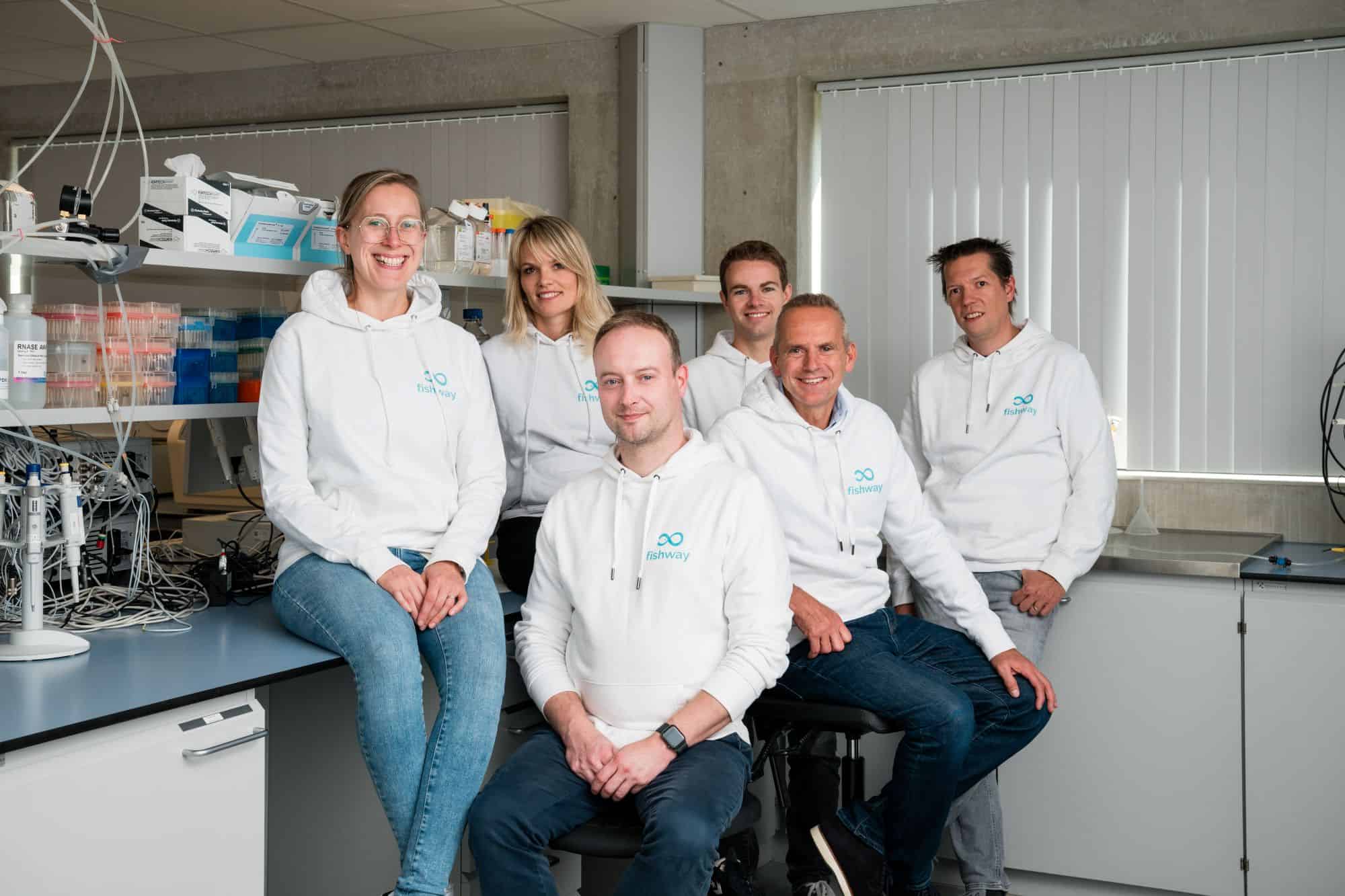BioMADE, a public-private partnership focused on advancing bioindustrial manufacturing in the United States, has announced that its network has grown to more than 300 members. The network, which spans 38 states, includes large corporations, startups, research institutions, community colleges, and non-profits working to develop bio-based alternatives to conventional materials.
“We are proud to support our over 300 members in achieving their goals, from cutting-edge biotechnology innovation to education and workforce development programs and opportunities,” said Douglas Friedman, CEO of BioMADE.
Leveraging domestic feedstocks
The organization focuses on biomanufacturing technologies that use domestically grown feedstocks such as corn, soybeans, and sugar beets. These biological inputs serve as the foundation for products like bio-based cement, plant-derived textiles, and rubber alternatives. BioMADE members are engaged in diverse projects across the country, from ethanol production in the Midwest to chemical manufacturing along the East Coast and tropical crop research in Hawaii.

Established in 2020 with funding from the US Department of Defense, BioMADE works to connect industry, academia, and government in efforts to strengthen domestic biomanufacturing. The organization co-invests in projects that help transition biotechnology innovations from research to commercial production. In addition to fostering technological advancements, it supports workforce development programs to expand the talent pipeline for the bioeconomy.
BioMADE’s growing network
The network includes several companies in the food technology sector, such as Cargill, Ginkgo Bioworks, Oobli, Orbillion Bio, Pow.bio, AQUA Cultured Foods, BlueNalu, California Cultured, Tender Food, and Nature’s Fynd. In 2024, BioMADE introduced the Sustainable Logistics for Advanced Manufacturing (SLAM) Project, seeking proposals for sustainable food and material solutions for military use.
Friedman continued, “As BioMADE’s network expands and our pilot-scale infrastructure takes shape, we thank the US Department of Defense for their continued partnership. We look forward to collaborating with our members further to establish the US as the leader in the global bioeconomy.”




